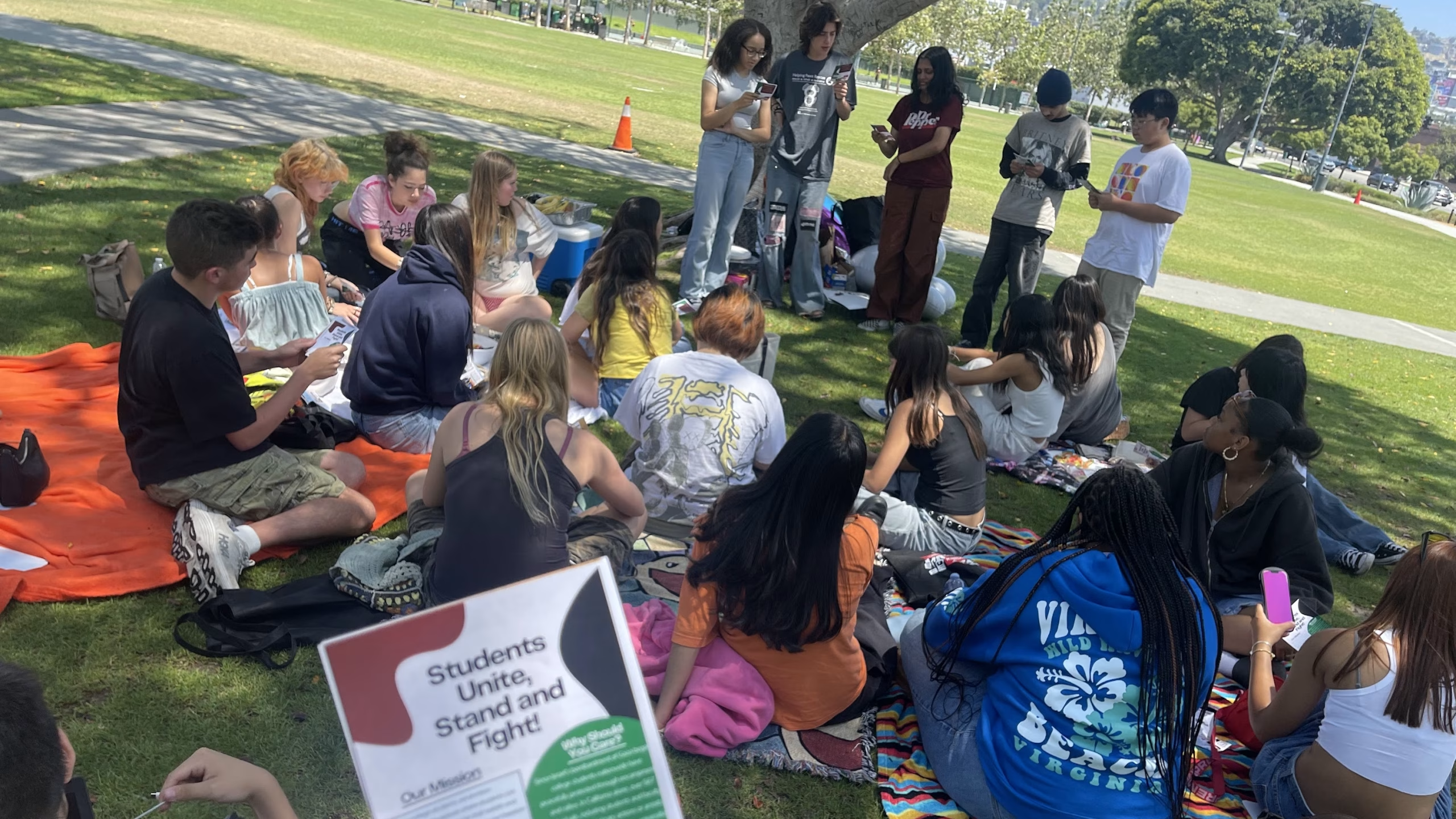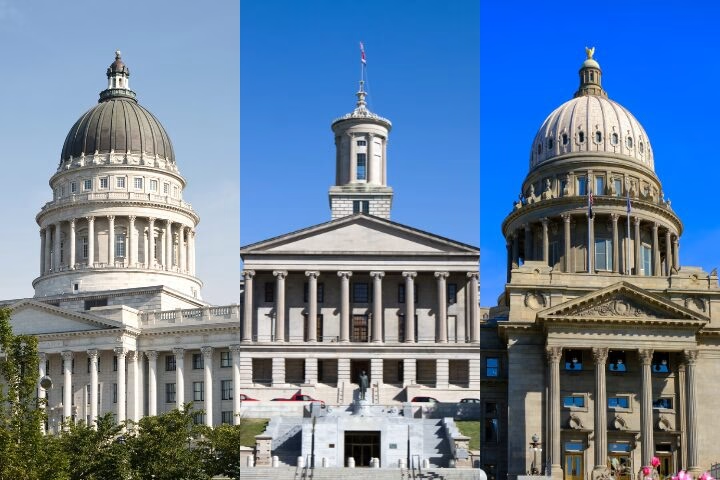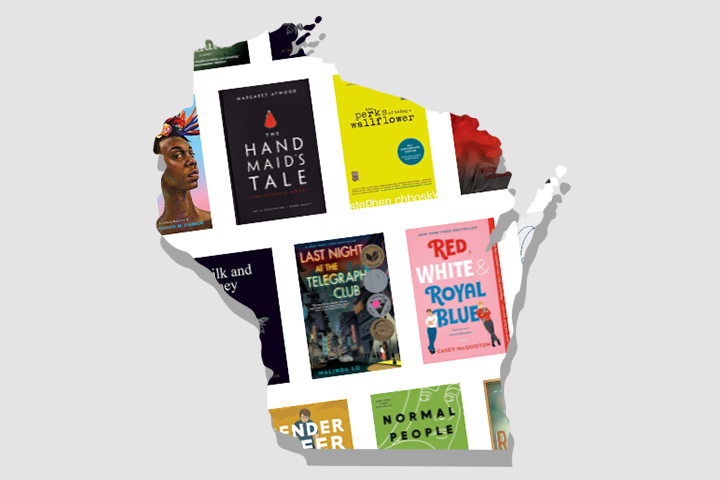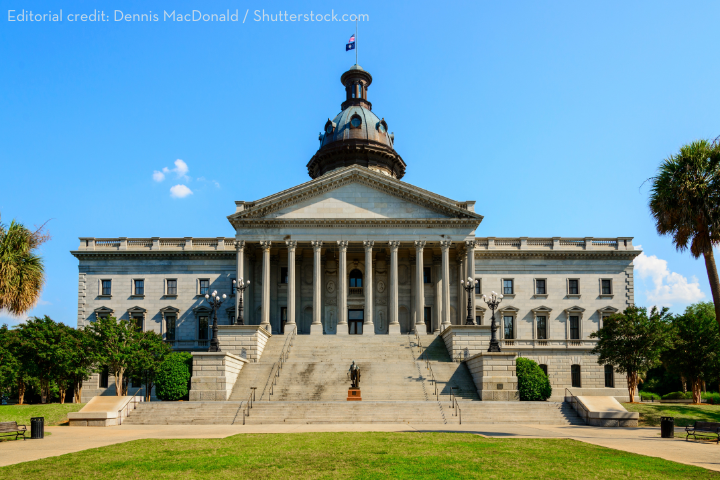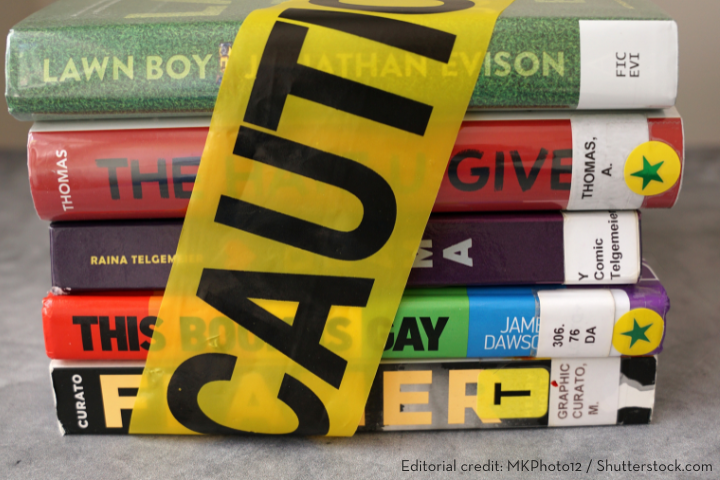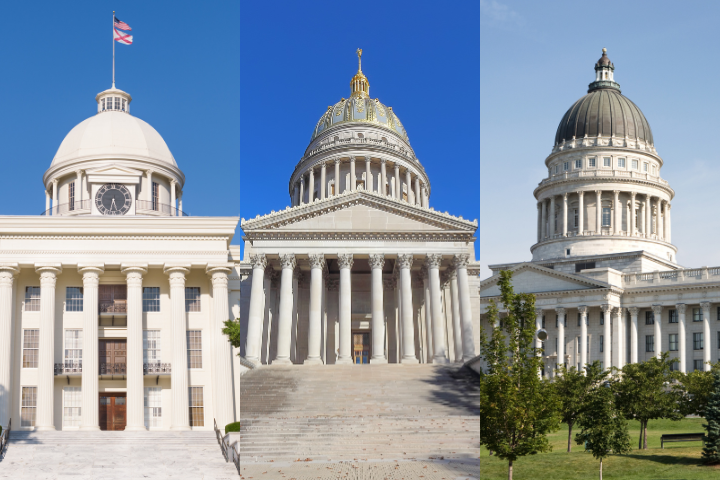Preliminary National Findings for the 2023-2024 School Year Show Dramatic Rise in Book Bans
10,000
PEN America research finds 10,000+ instances of book bans in the 2023-2024 school year—more than double the last school year.
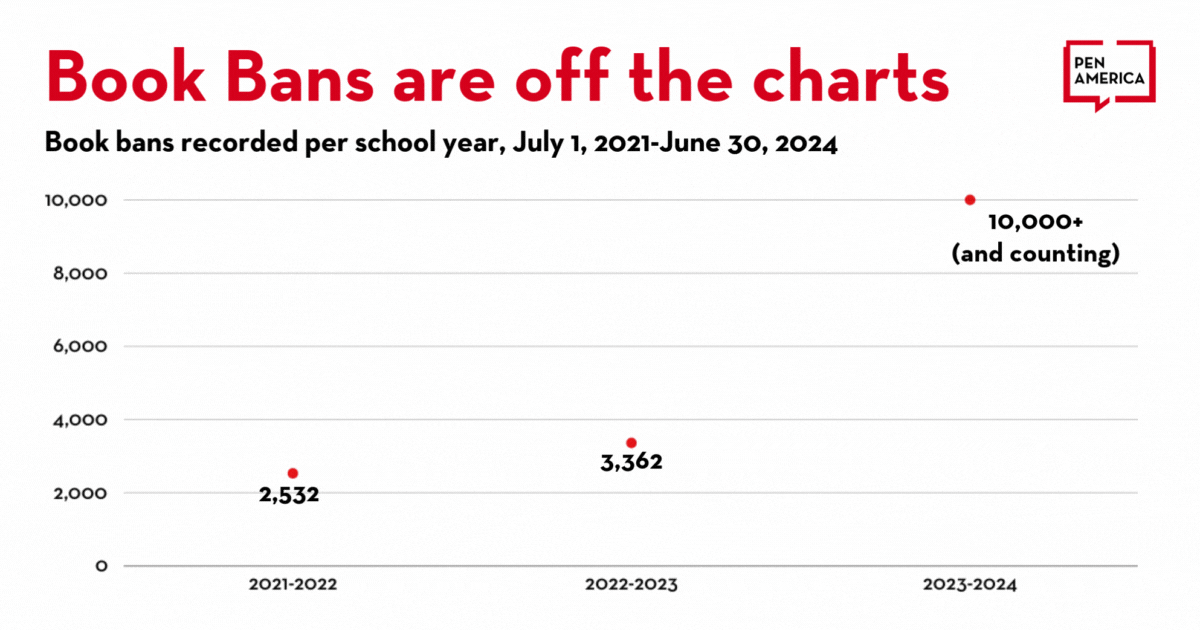
Over 10,000 books were banned in public schools during the 2023-2024 school year, according to PEN America’s preliminary findings.
This dramatic increase is nearly triple the number from the previous school year, when PEN America recorded 3,362 bans nationwide. The final count for the 2023-2024 school year will be released later this fall along with a public Index of School Book Bans. PEN America will also release a detailed content analysis of titles banned during the 2023-2024 school year.
About 8,000 book bans were recorded in Florida and Iowa, largely because of state laws. Several school districts outside of Florida and Iowa also banned heightened numbers of books this school year, such as the Elkhorn Area School District in Wisconsin, which banned more than 300 titles for several months.
In part due to the targeting of sexual content, the stark increase includes books featuring romance, books about women’s sexual experiences, and books about rape or sexual abuse as well as continued attacks on books with LGBTQ+ characters or themes, or books about race or racism and featuring characters of color.
Our numbers are certainly an undercount, as stories of book bans often go unreported. These numbers also do not account for the many reports of soft censorship, including increased hesitancy in book selection, ideologically-driven restrictions of school book purchases, the removal of classroom collections, and the cancellations of author visits and book fairs.
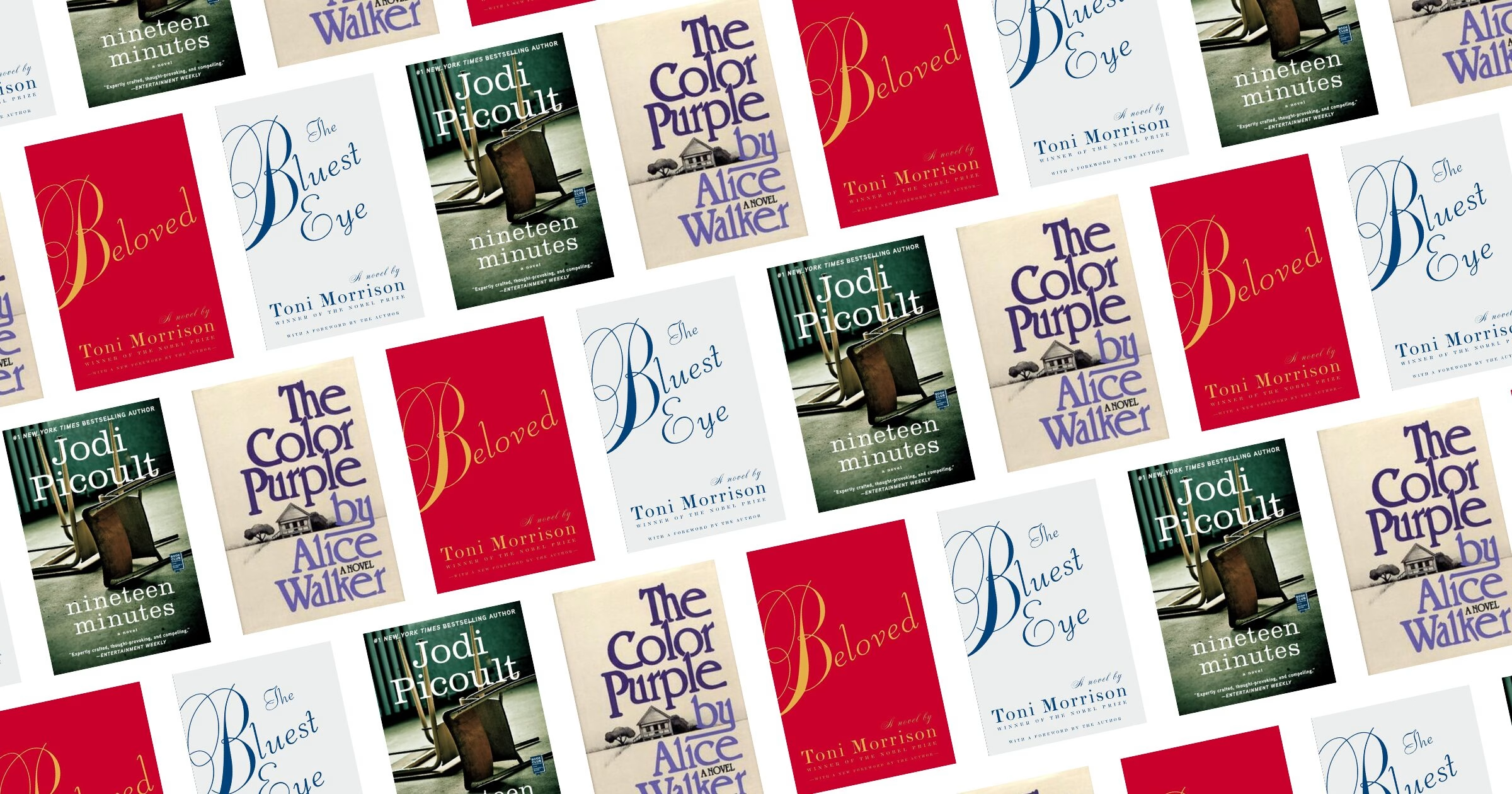
Key Findings
Following trends from previous years in which books were targeted for including diverse perspectives, book bans from the 2023-2024 school year overwhelmingly featured stories with people or characters of color and/or LGBTQ+ people. We also observed how cases of book bans increasingly target stories by and about women and girls and/or that include depictions of rape or sexual abuse.
As in recent years, there are two key pressures behind the school book ban movement: state legislation and the influence of groups that espouse “parental rights” rhetoric to advance pro-censorship advocacy goals.
Coordinated campaigns by a vocal minority of groups and individual actors place undue pressure on school boards and districts, resulting in a chilled atmosphere of overly cautious decision-making regarding the accessibility of books in public school libraries. Attacks on literature in schools persist despite the unpopularity of “parent’s rights” groups and polls that show broad opposition to school book bans.
This year, state legislation was also particularly critical in accelerating book bans, making it easier to remove books from schools without due process, or in some cases, without any formal process whatsoever. Over a dozen new laws and state policies used to ban books in schools have been implemented, as have a number of district policies at the local level.
Iowa’s SF 496, which took effect July 2023, requires all materials to be “age-appropriate” – a definition that prohibits any description or depiction of a “sex act.” The law has been interpreted to ban books with any content related to sex or gender in books. It also contains “Don’t Say Gay” copycat provisions censoring discussions of LGBTQ+ identities in the classroom. To date, SF 496 has led to thousands of book bans during the 2023-2024 school year, compared to 14 bans from 2021-2023, before the contested law was in place.
Florida’s HB 1069 created a statutory process for book banning. The law, which went into effect July 2023, requires that any book challenged for “sexual conduct” must be removed during the review process. The law, and state guidance building on it, has been linked to a significant rise in book bans during the 2023-2024 school year.
Other newly enacted policies allowing for statewide book bans are likely to impact the coming school year:
Utah banned 13 books statewide as of July 2024, in accordance with the newly enacted HB 29. The law is the most extreme state book-banning bill currently in place, enforcing what PEN America has dubbed a “No Read List” in schools across the state. According to the letter of the law, once any three districts find a title to be “objectively sensitive material,” it must be banned in all schools. HB 29 is expected to result in significant book bans during the 2024-2025 school year.
South Carolina passed Regulations 43-170 this summer. The regulations prohibit books with sex-related content and give the state Board of Education power to ban books statewide. We expect the number of bans in South Carolina to rise in the 2024-2025 school year as districts implement the newly passed state regulations.
Tennessee’s HB 843 expands the Age-Appropriate Materials Act of 2022 and will also likely lead to an uptick in the state’s school book bans. The law, which took effect in July 2024, now requires schools to remove books that contain nudity, “excess violence,” or sex-related content. It further empowers a state commission to evaluate certain challenged titles and ban books statewide.
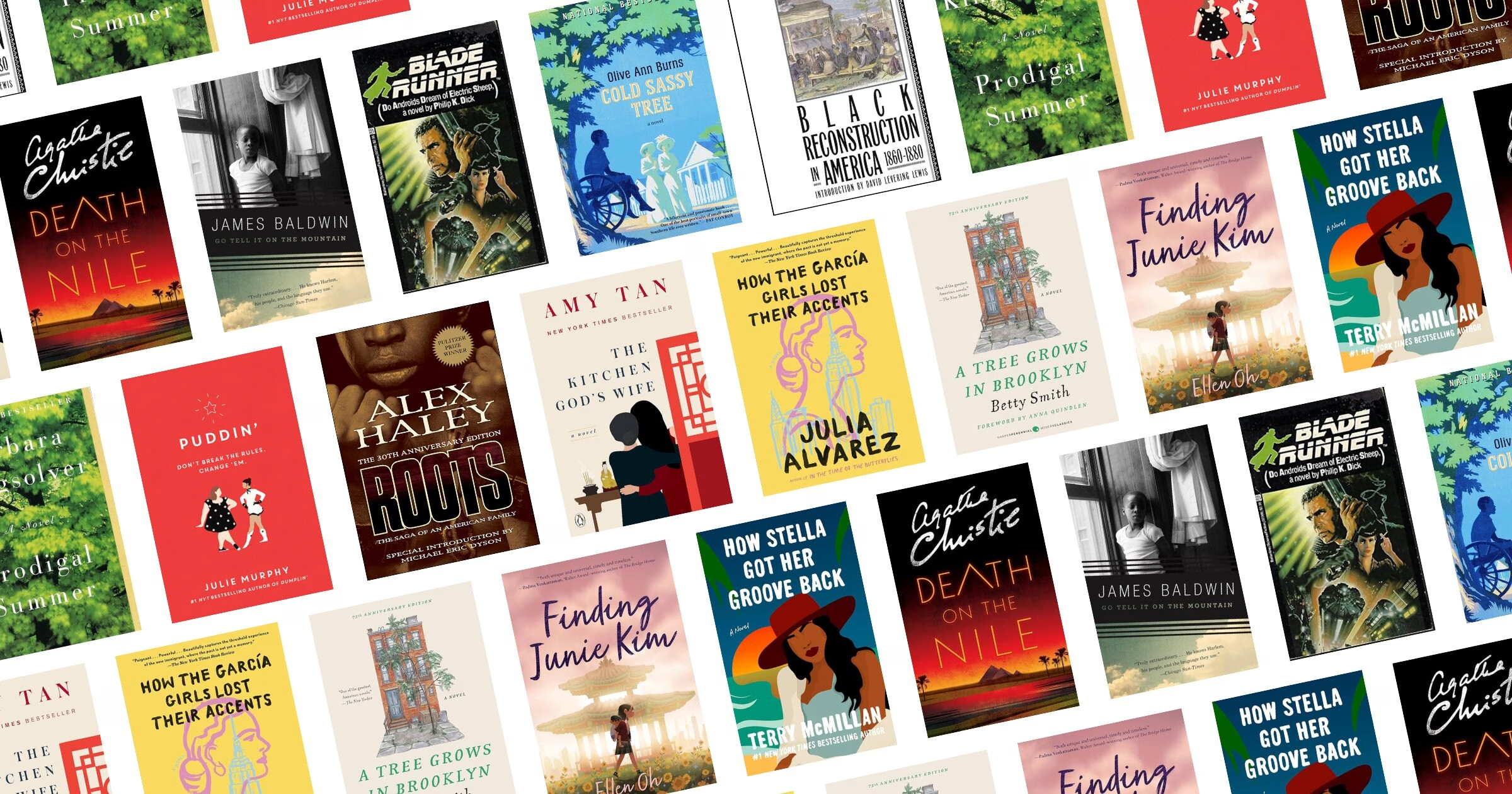
Efforts to suppress students’ freedom to read continue to affect swaths of literature. From classics novels and popular fiction to young adult stories and American history, several titles that appear in PEN America’s Index of School Book Bans for the first time during the 2023-2024 school year include:
- Roots: The Saga of An American Family by Alex Haley
- A Tree Grows in Brooklyn by Betty Smith
- How Stella Got Her Groove Back by Terry McMillan
- Black Reconstruction in America, 1860-1880 by W.E.B. DuBois
- Death on the Nile by Agatha Christie
- The Kitchen God’s Wife by Amy Tan
- How the Garcia Girls Lost Their Accents by Julia Alvarez
- Finding Junie Kim by Ellen Oh
- Go Tell It On the Mountain by James Baldwin
- Prodigal Summer by Barbara Kingsolver
- Puddin’ by Julie Murphy
- Blade Runner (do Androids Dream of Electric Sheep) by Philip K. Dick
- Cold Sassy Tree by Olive Ann Burns

The 2023-2024 school year also includes copycat bans and targeted authors across state lines and across school years.
Many banned books during the 2023-2024 school year include titles that have been targeted since the beginning of the book banning movement in 2021, including The Color Purple by Alice Walker; Nineteen Minutes by Jodi Picoult; and The Bluest Eye and Beloved by Toni Morrison.
Several authors also continue to experience the “Scarlet Letter” effect in which their back catalogs are targeted after experiencing their first ban, including Sarah J. Maas, Stephen King, and Ellen Hopkins.
School libraries serve the educational process by making knowledge and ideas available, and ensuring books remain available for all regardless of personal or political ideologies and ideas. Book bans impede the freedom to read, limiting students’ access to a diversity of views and stories.
PEN America will release the final count for the 2023-2024 school year, an in-depth analysis of the content of banned titles, and a public Index of School Book Bans later this fall. For more information visit pen.org/book-bans.

